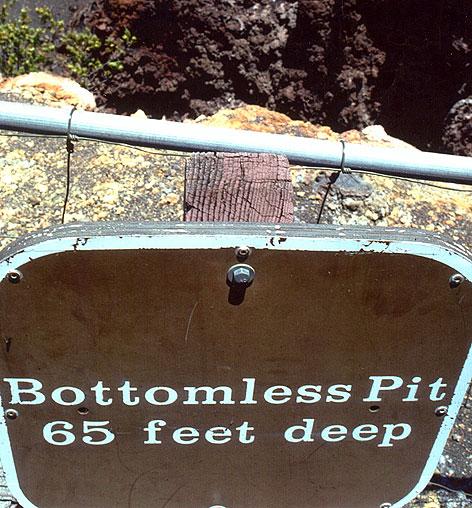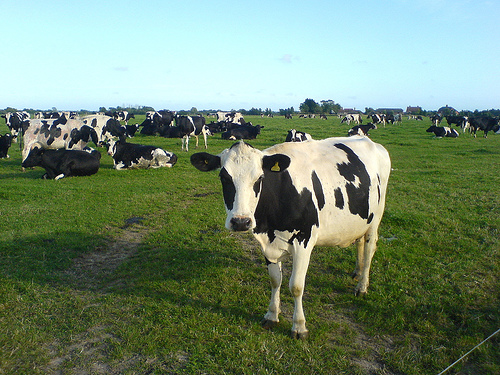By coincidence, the title of an earlier post, Abominable, Sulphurous & Futile, is the exact wording used by Blodgett whenever he is asked his opinion of ducks. Blodgett hates ducks. Scoter or shoveller, merganser or teal, he loathes them all. It is important to point out that this is not a phobia, an irrational fear, but rather a conscious, reasoned hatred, though the reasoning itself is flawed, as is Blodgett’s reasoning in pretty much every area of life save for matters of railway timetabling. Even then, his tendency to measure the speed of trains in nautical knots has led to all sorts of problems, but that is a topic for another time. I have already set aside this coming October for some thorough research into Blodgett and the railways.
Blodgett himself has always insisted that he hates ducks because ducks hate him. The evidence for this appears to be that, as a small child, he was attacked by a massed gaggle of red-crested pochards at the edge of a pond into which he was innocently tossing pebbles. Let us examine that claim in some detail.
We need, I think, to ask some hard questions. Where was this pond? Was it truly a pond, rather than, say, a puddle or a cwm or a tarn or a mere or a lake or even the edge of a mighty and unknown sea? As for the pebbles, were they indeed pebbles or were they dangerously large rocks with very sharp edges that could slice through the neck of a passing pochard or smew? By his own account, Blodgett was a mere tot when this incident took place, so how had he learned to distinguish between different types of duck? What sort of pedagogy would teach infants to identify teal before they learned to read and write and count and tell the time and tie their shoelaces? In a duck-strewn domain, of course, such methods may make sense, but from what we know of the land where Blodgett was raised we can safely say that its duck population was average and unremarkable. The same is true of its ponds and pond-like bodies of water, tallies of which were, and still are, kept by pond-counting persons employed by the local potentate. Make no mistake, pond-counting used to be an honourable profession, one to which any citizen possessed of good eyesight, sturdy limbs, and possession of a notched stick could aspire. Blodgett’s own mother trained as a pond-counter, but a promising career was curtailed when she choked on a pip and came down with Van Bronckhorst’s Syndrome.
Getting back to those pebbles for a moment, what is the truth of Blodgett’s claim that he was tossing them into the pond innocently? One does not need to believe in the doctrine of Original Sin to be aware that oftentimes tiny children carry out acts of the most grievous moral turpitude. And though we may have difficulty grasping exactly what goes on in the brains of a gaggle of pochards, it is surely not beyond our wit to consider that, for a duck, the tossing of pebbles into a pond could be seen as an act of brute destruction. The psychology of ducks may not be a subject on the curriculum of the standard infant community hub, but if the tinies are taught to tell the difference between a smew and a merganser, might they not also be given a grounding in the hopes and fears, the joys and terrors, of these aquatic birds?
Thus we need also to ask what sort of education the young Blodgett was given if we are to ascertain the truth of his claims. Are we to assume it was skewed in favour of the study of ducks? And if so, what would account for such an idiosyncratic approach? We all know that there are pedagogues with manias, obsessions, and tunnel vision. The deranged tutor is a staple of a certain type of fiction. One thinks, for example of the sinister schoolmaster Weems in the 1907 potboiler The Sinister Schoolmaster Weems by Peverel Greasebox, or the frankly batty provost of the cathedral school in Archibald Glubb’s long-running serial for the Dotty Capers For Boys comic. Did the tot Blodgett fall into the clutches of such a nutcase, or could it be that his own childhood memories were filtered through his readings of Greasebox and Glubb, if indeed he ever did read them? If he spent so much time learning about ducks, when could he have learned to read in the first place?
By asking such questions, we begin to pick away at Blodgett’s tale, casting doubt on it. And do I need to explain why to do so is of such vital importance? The man is a scoundrel and a rogue, not in a likeable gap-toothed and moustachioed Terry-Thomas manner, but in a way far more damaging to our national fabric. Remember that Blodgett has tried his utmost to appear on flags and postage stamps and even on coinage. He would have us believe he is a model of probity. He likes to be seen on horseback at parades, wearing a helmet with feathers. The airbags in certain makes of car bear his imprimatur, and most recently he has had no fewer than five different soups named after him. These power-crazed shenanigans have to be curbed, for if Blodgett ever gets a toehold on power I fear for the future of our country’s ducks. He is a spiteful man. Already it seems we are in danger of losing our bees. Let us make sure we keep our ducks.
This piece originally appeared in A Counterblast To Blodgettism, a Gestetnered pamphlet sold for tuppence at some point in the last century.


